
US slaps a ban on foreign-made drones and components
Ever mindful of security, the US has announced a ban on new foreign-made drones and components key to their manufacture. The Federal Communication Commission’s public notice says that uncrewed aircraft systems (UAS) “pose an unacceptable risk to the national security of the United States or the security and safety of United States persons”.
The ban only applies to new devices and components, so anything which has already made its way into the US is unaffected. In implementing a blanket ban on all foreign-produced drones, there has been no need to publish a list of affected models.
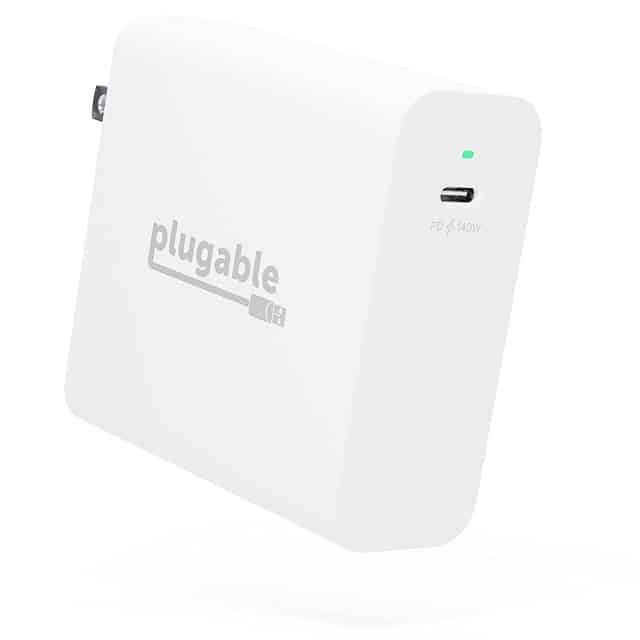
Plugable launches PS-EPR-140C1 140W USB-C GaN power adapter
Ladies and gentlemen, it's time to break up with your slow and outdated laptop charger, because Plugable has just released a new 140W USB-C power adapter that should be faster and more efficient than your current one!
The Plugable USB-C Power Adapter (PS-EPR-140C1) is a powerhouse, featuring GaN and Extended Power Range (EPR) technology that will blow your mind. Not literally, of course, because safety is a top priority for Plugable. But it will definitely blow your previous charger out of the water.
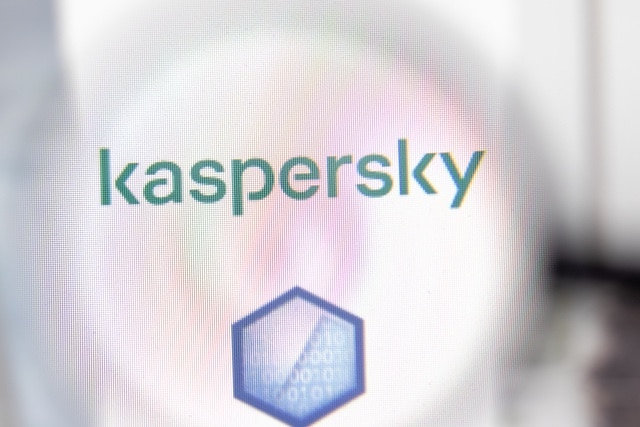
FCC blacklists Kaspersky for posing an 'unacceptable risk to the national security of the US'
The Federal Communications Commission has added Kaspersky to its blacklist in a move that has been branded as political. The FCC says that the Russian security firm has been "deemed to pose an unacceptable risk to the national security of the United States or the security and safety of United States persons".
What this means in practice is that Kaspersky is ineligible to receive FCC funding, joining companies such as Huawei and ZTE. Kaspersky has also been sanctioned by HackerOne, with its bug bounty program being indefinitely suspended.
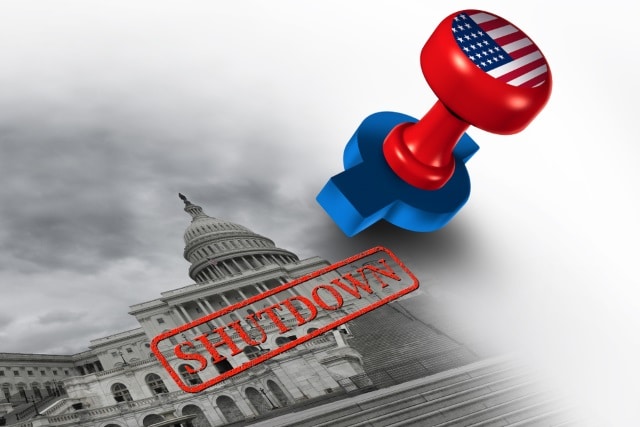
FCC will suspend many operations tomorrow if Trump's government shutdown continues
President Trump's partial shutdown of the US government is now well into its second week, with little sign of the impasse over funding for a wall on the southern border coming to an end. Large numbers of government employees are already feeling the pinch due to a lack of pay checks, and the impact is on the verge of spreading further.
The Federal Communications Commission (FCC) has announced that it will suspend "most operations" at midday on Thursday, January 3 "in the event of a continued partial lapse in federal government funding".
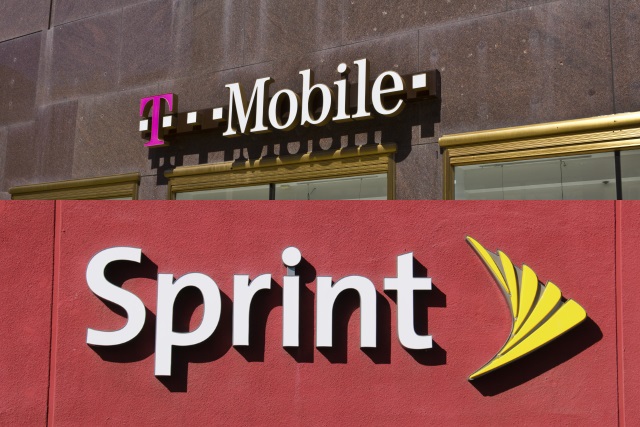
FCC pauses clock on its review of T-Mobile/Sprint merger
The Federal Communications Commission has announced that it is stopping the clock on its review into the merger of T-Mobile and Sprint.
The 180-day review clock has been paused at day 55 as the Commission says that it is awaiting the arrival of new submissions from both companies that are "complex". The delay will give the FCC more time to analyze these documents -- and a third submission -- when they are received.
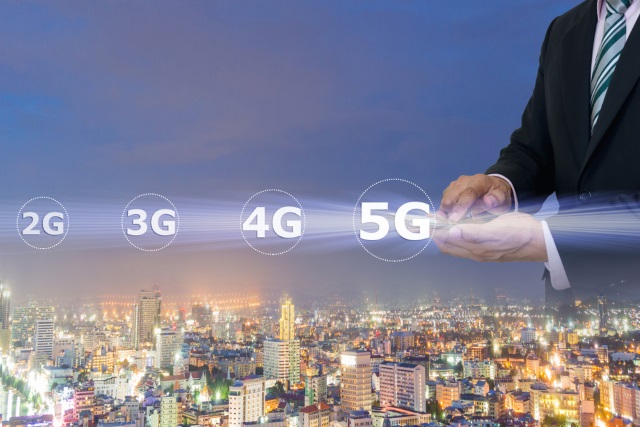
Trump administration wants to nationalize 5G, but the FCC is not impressed
Leaked documents show that the Trump administration is considering plans to nationalize the 5G network. In the documents, seen by Axios, a senior National Security Council official says that a centralized, government-controlled 5G network is needed to offer security against China.
But while the government may believe it makes sense for it to be in control of the future mobile network, the idea has attracted vocal opposition. Among the opponents is FCC chairman Ajit Pai.
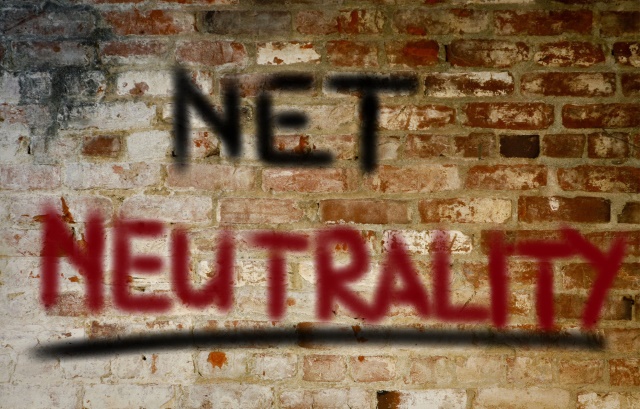
FCC could repeal net neutrality rules in December
It is fair to say that many people want the net neutrality rules implemented during the Obama administration to stay in place. Even major tech companies support them. But not everyone feels the same -- just ask telecommunications companies what they think about it.
The Trump administration is among the main opponents, with FCC Chairman Ajit Pai spearheading the efforts to repeal the rules. Today, the federal agency announces it's shared a draft, called Restoring Internet Freedom Order, that aims to do just that.

The FCC wants Apple to enable the iPhone's non-existent FM radio
In the wake of big storms recently, the National Association of Broadcasters and the FCC has piled the pressure on Apple to enable the FM radio in iPhones so they might be used for emergency broadcasts.
FCC chairman Ajit Pai went as far as issuing a statement saying that "Apple is the one major phone manufacturer that has resisted" enabling FM chips in its phones. There's just one problem, as Apple points out. The iPhone simply doesn't have an FM chip to enable.
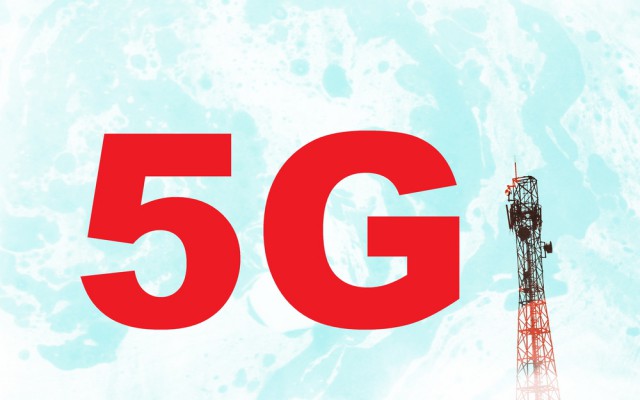
Apple can start 5G trials
Apple is getting a jump start on testing 5G mobile networks following a new ruling in the USA.
DSLReports claims that the iPhone maker has been granted an experimental license to begin work on the next-generation networks by the Federal Communications Commission watchdog

Google and Facebook to participate in net neutrality protest next week
Two of the biggest names in tech have finally added their names to a growing list of participants in a protest next week against the FCC's plans to tear up net neutrality rules.
Google and Facebook have confirmed they will take part in the July 12 protest which is known variously as the "Day of Action," the "Battle for the Net" and -- rather more wordily -- the "Internet-wide Day of Action to Save Net Neutrality." Precisely what form the companies' participation will take remains to be seen, but the involvement of two such big names will send a clear message to the FCC.
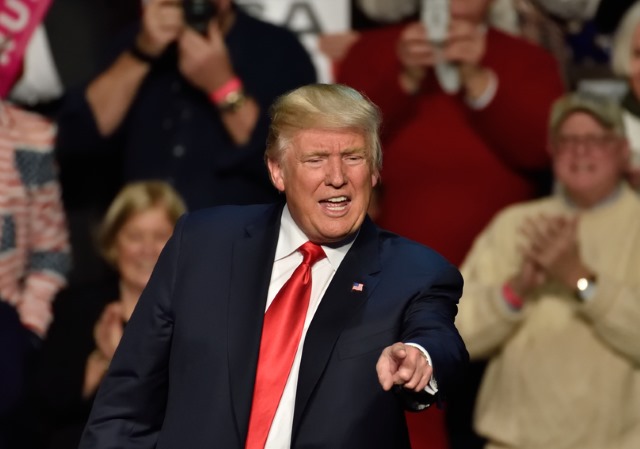
Trump signs resolution permitting ISPs to share your web history without consent
Donald Trump has forged ahead and done what privacy advocates hoped would not happen. The US president has signed a resolution rolling back FCC privacy rules, meaning that ISPs are now free to share and sell customers' browsing histories without express permission.
The signing of the bill into law comes after the Senate and then the House voted to allow ISPs to share customer data without consent. The White House has confirmed that Trump has reversed the Obama-era rules, so closely targeted advertising is now not far away.

Privacy warning: US ISPs could sell and share your browsing history without consent
In a major blow for privacy advocates and individual rights, the US Senate has voted to permit ISPs to sell or share customers' data -- including their browsing histories -- without consent.
The vote overturns a Federal Communications Commission rule that banned such activity. While there are still legislative hoops to jump through before the result of the vote is ratified, ISPs will be rubbing their hands in glee at what the Senate has done.

EFF: T-Mobile One plan may break net neutrality rules
The Electronic Frontier Foundation believes that T-Mobile's new One plan, which offers unlimited data, calls, and texts, may fall afoul of net neutrality rules due to the restrictions that it imposes on how customers can consume data.
T-Mobile One, which was announced yesterday, is claimed to do away with data "buckets", which CEO John Legere calls "the single biggest pain point in wireless", but limits the quality of video streams for customers who do not wish to pay an additional monthly fee to enjoy high-definition content.
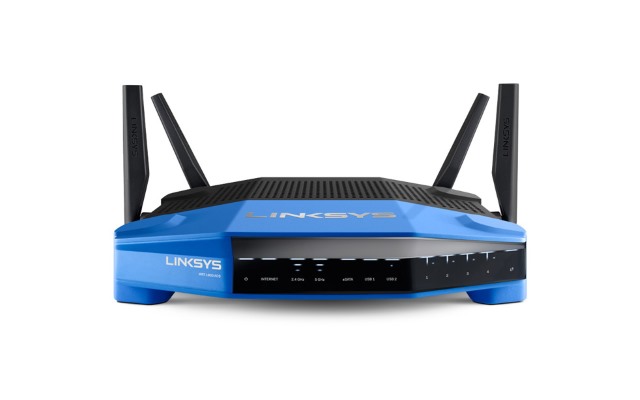
You'll still be able to hack Linksys WRT routers with open source firmware despite new FCC rules
In a little over two weeks, new rules will come into play that pose something of a threat to people who like to install open source firmware on their routers. The Federal Communications Commission is implementing guidelines designed to prevent users from modifying their routers in such a way that would make them operate outside of their licensed frequency range and interfere with other devices.
Many router manufacturers have opted for the easy way out, and decided to simply completely block (or continue to block) the installation of third party, open source firmware. Not so with Linksys. The company has been working with Marvell and the makers of OpenWrt to ensure that the Dynamic Frequency Selection (DFS) setting cannot be disabled so that users can still install and use open source firmware.

Think Android security updates take too long to roll out? So do the FTC and FCC
Both the Federal Communications Commission (FCC) and Federal Trade Commission (FTC) are starting to ask the questions that Android users have been asking for years: why do updates and upgrades take so long to roll out?
If you're in possession of a flagship or recent handset, the chances are you're in line to receive timely updates for the foreseeable future. But Android's fragmentation means that older handsets quickly drop off the radar, get forgotten and remain unpatched. The FCC and the FTC both want to know why security patches are slow to hit phones, and the agencies have launched separate, but parallel, investigations.
